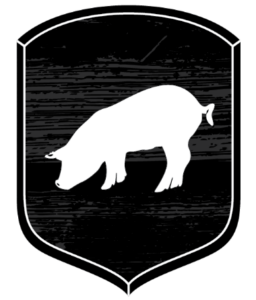Locations of William Oliver's
Pub Culture & Ideology
a History of Pubs
Modern pubs find their origins in Roman tabernae built along the roads that sprawled across the Roman Empire. These taverns worked more like modern hostels than a pub, providing armies and merchants with food, a night’s rest, and the company of others.
In Lattes, France, archeologists found an ancient Roman Tavern that dates to the BCE era.
As the Roman Empire reached the British Isles, they met a robust ale-making culture that women primarily dominated. Women, already making ales, quickly began operating their domestic dwellings for travelers. As the Roman Empire fell, taverns became Ale Houses for community gatherings.
Meanwhile, ancient Ireland’s tradition of “tavern-like” places developed independent of Roman custom (the Roman Empire never made it to Ireland).
By the sixth century, Chieftains would operate Bruideans (think 24-hour hostel) that would greet travelers with food and drink at any hour.
During the Norman invasion, Taverns and Bruideans merged into what is now commonly seen as the first Public Houses.

What separates pubs
from other restaurants/bars?
A great pub has a “come as you are” attitude with a culture of hospitality and a dedication to quality. It should be the center of a small community, attracting many local characters but welcoming newcomers.
Historically, pubs were social gathering spots—a place to share a drink or two and relax among friends.
Pubs are places to connect with the local community, find reprieve, or maybe dawdle. Many modern pubs have moved significantly beyond their humble origins.
William Oliver’s wants to bring back the spirit of the original Publick Houses. Simple but great food. Quality drinks. Friendly Service.
No Live Music. No Loud TVs. No Distractions. “Just” Great Conversations and Friends.”
